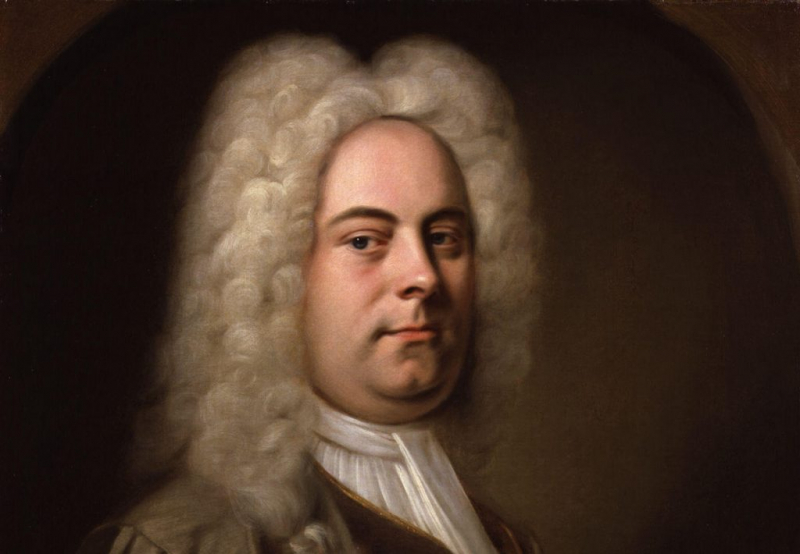George Frederic Handel (1685 – 1759)
George Frederic Handel is regarded as one of the greatest classical composers of the Baroque period, alongside Bach, Vivaldi, and Monteverdi.
Handel was born and raised in Germany but only stayed until his early twenties. He is most known for his operas, oratorios, and organ concertos. He spent a few years in Rome before relocating to England in 1710, where he remained for over 50 years until his death.
Handel's music would be shaped by these decisions. Starting with his breakthrough piece Rinaldo in 1710, he composed largely Italian operas early in his career. However, as tastes changed and Italian opera fell out of favor, Handel turned to oratorios, influenced by English composer Henry Purcell's choral compositions.
Messiah, an English-language oratorio written in 1741 that portrays the story of Jesus Christ, exemplifies this. If you've never heard it before, you'll recognize it as soon as you hear it. This is Handel's most well-known work, as well as one of the most regularly played classical works in Western music.
Alexander's Feast, which led to Handel's departure from Italian opera, and Zadok the Priest, which he produced for George II's coronation, are two of his other important works. Handel served as a 'Kapellmeister' (musician in charge) for the King at one point.
Furthermore, his music had a significant influence on Mozart and Beethoven. You could do a lot worse in terms of legacies.
Nationality: United Kingdom of Great Britain and Northern Ireland, Germany











